What is Neurosurgery? Understanding the Basics
Neurosurgery, often referred to as brain or spine surgery, is dedicated to treating structural problems within the nervous system. These include conditions such as brain tumors, spinal disorders, vascular abnormalities, trauma-related injuries, and diseases that cause compression or damage to nerves.
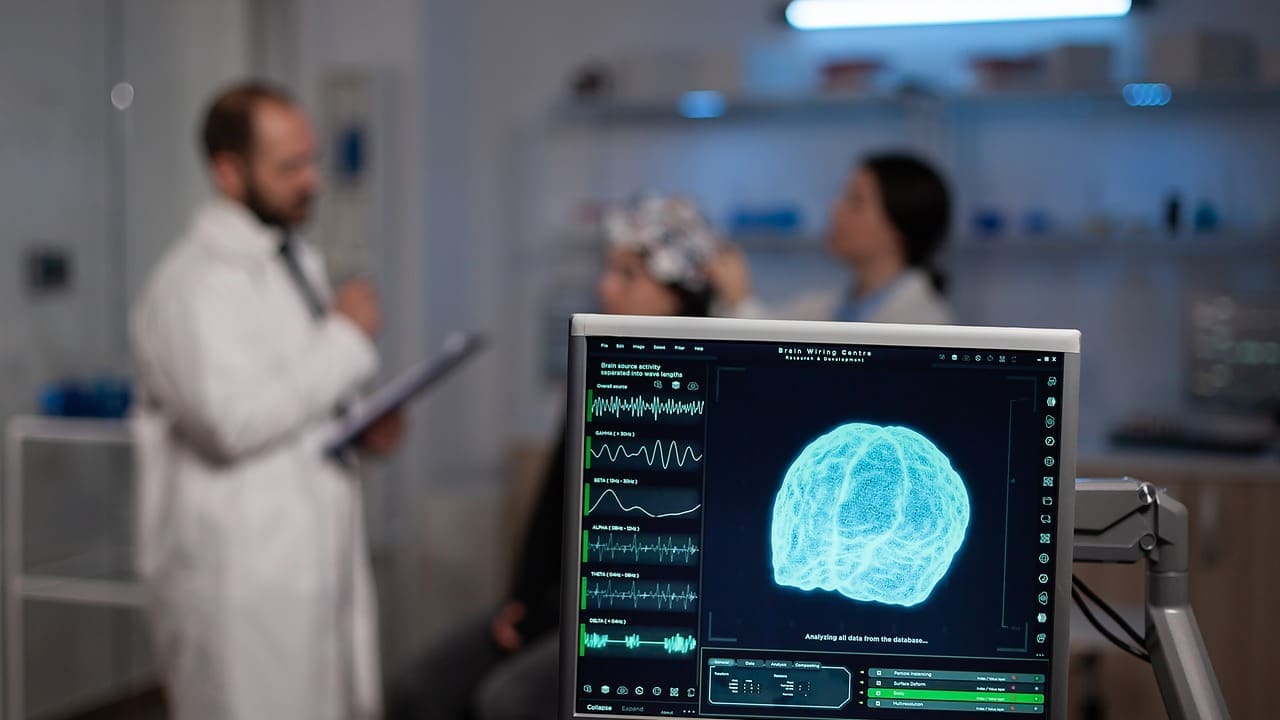
The field covers a wide range of techniques from minimally invasive operations using tiny incisions and cameras to complex open surgeries that require high precision. Neurosurgeons undergo extensive education and training, including years of residency and fellowship, to safely operate on some of the most delicate structures in the body.
Learning about this branch of medicine helps patients feel more informed and confident in their treatment decisions. Whether it’s a planned surgery for a chronic condition or an emergency intervention after an injury, understanding what neurosurgery involves can ease anxiety and prepare patients for recovery.
How Does It Work?
Every neurosurgical procedure begins long before the actual operation. The process usually includes the following stages:
1. Diagnosis and Evaluation
The first step involves a thorough medical evaluation. This includes reviewing the patient’s medical history, neurological examination, and imaging studies such as MRI or CT scans. In complex cases, additional diagnostic tools like angiography or nerve conduction studies may be required.
2. Treatment Planning
After confirming the diagnosis, the neurosurgeon discusses potential treatment options. Surgery is often considered when medications or non-surgical therapies fail to improve symptoms. The surgeon explains the risks, expected outcomes, and recovery plan in detail.
3. Surgical Procedure
During surgery, the neurosurgeon works with a specialized team that may include anesthesiologists, neurophysiologists, and operating room nurses. Using microscopes, navigation systems, and real-time monitoring, they operate with extreme precision to avoid damaging critical brain or spinal structures.
The main goal is to remove or repair the affected area, reduce symptoms, and restore as much function as possible.
4. Post-Operative Care
After surgery, patients are closely monitored in a recovery unit or intensive care setting. The medical team manages pain, monitors neurological function, and prevents complications.
The Difference Between Neurology and Neurosurgery
Neurology and neurosurgery are two closely related but distinct specialties. Neurologists focus on diagnosing and treating diseases of the nervous system without performing surgery. They often manage conditions like epilepsy, migraines, Parkinson’s disease, multiple sclerosis, and peripheral neuropathy.
Neurosurgeons, in contrast, treat disorders that require surgical correction such as tumors, vascular malformations, herniated discs, or traumatic injuries. In many cases, both specialists work together to provide comprehensive care, ensuring the patient receives both medical and surgical expertise.
Common Procedures
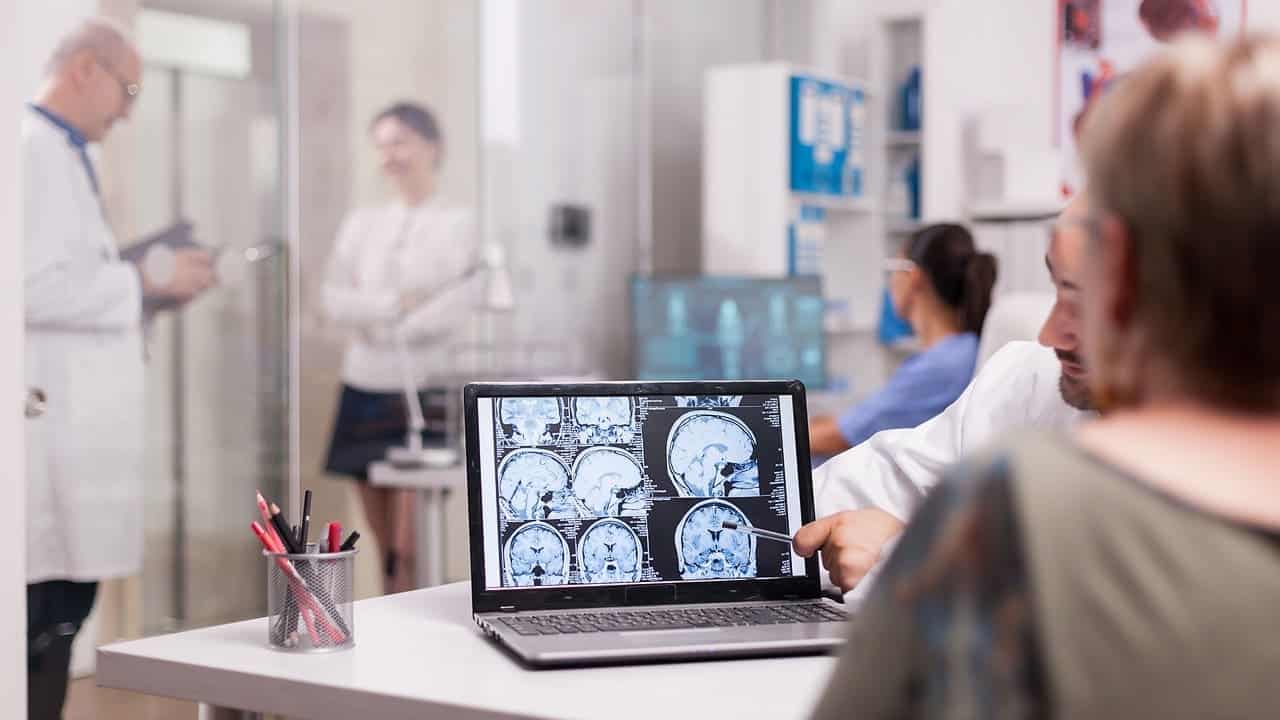
Craniotomy: Opening part of the skull to access the brain. It is performed to remove tumors, clip aneurysms, or repair blood vessel malformations.
Spinal Fusion: Stabilizing the spine by connecting two or more vertebrae. This is common in degenerative disc disease, scoliosis, or spinal instability.
Endoscopic Surgery: A minimally invasive approach using small instruments and cameras through tiny openings. It is often used for pituitary tumors or cerebrospinal fluid leaks.
Shunt Placement: Implanting a device to drain excess cerebrospinal fluid, often used for patients with hydrocephalus.
Deep Brain Stimulation (DBS): Implanting electrodes in specific brain regions to treat conditions like Parkinson’s disease or essential tremor.
Microvascular Decompression: A delicate procedure that relieves pressure on cranial nerves causing facial pain or spasms.
How Long Does Neurosurgery Take? Timing Your Procedure
The duration of neurosurgery can vary significantly depending on the complexity of the procedure and the specific condition being treated. Some minimally invasive surgeries may take just a few hours, while more extensive operations, such as brain tumor resections, can last several hours or even longer.
Patients should ask their neurosurgeon how long their surgery might take and what could affect the time in the operating room.
When Is Surgery Needed?
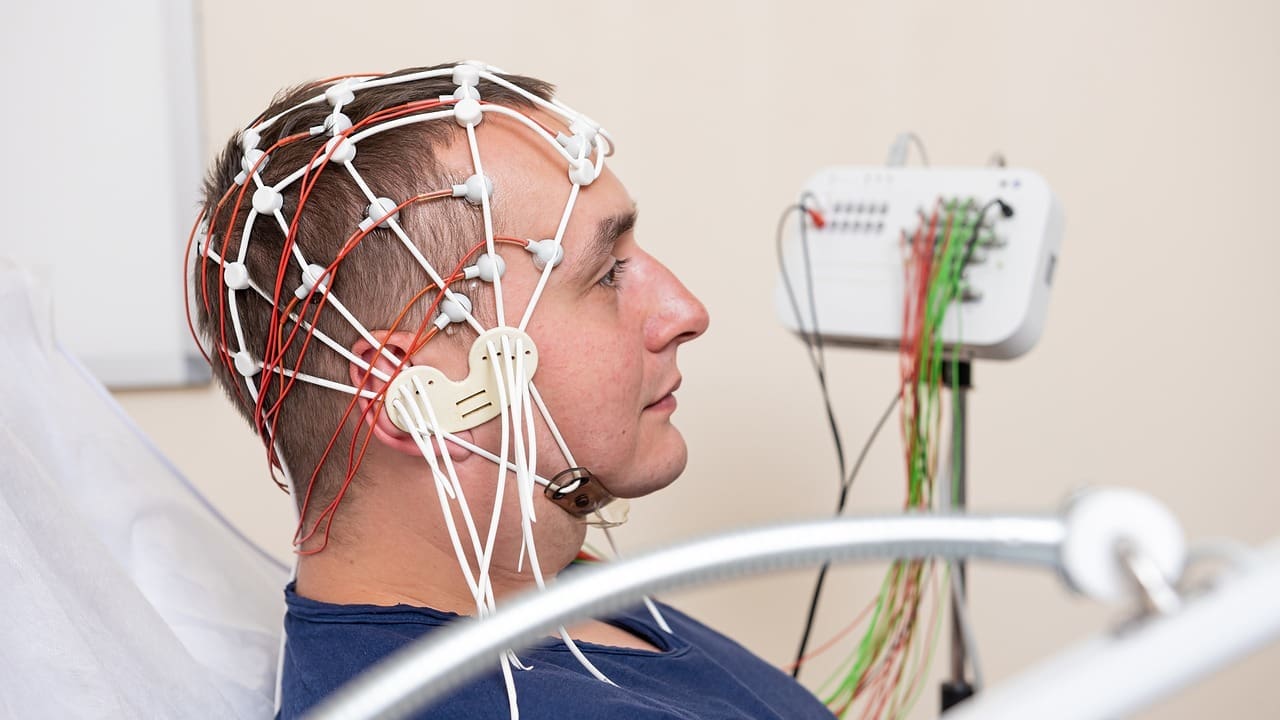
Neurosurgical intervention is often the best or only option in several situations:
Hydrocephalus: Caused by excess cerebrospinal fluid, often treated with shunt placement.
Brain Tumors: To remove abnormal growths that can cause seizures, headaches, or neurological deficits.
Traumatic Brain or Spinal Injuries: To relieve pressure or repair structural damage after accidents.
Vascular Conditions: Such as aneurysms or arteriovenous malformations that risk bleeding.
Spinal Disorders: Including herniated discs, spinal stenosis, and scoliosis that compress the spinal cord or nerves.
Epilepsy: For patients who do not respond to medication, surgery can help control seizures.
Recovery Process
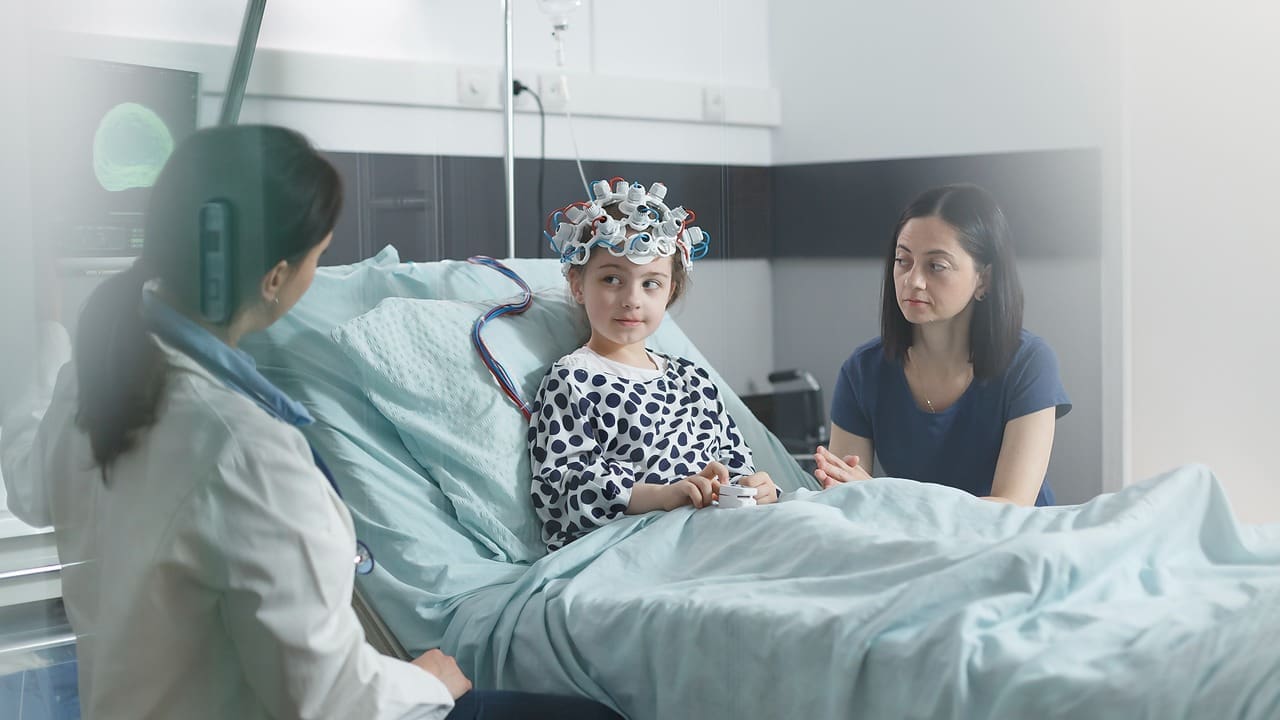
Recovery after neurosurgery is very important and can be different for each person, depending on the surgery and their health. Patients may go through several steps during recovery, such as:
Hospital Stay: Most neurosurgical patients will require a hospital stay for monitoring and initial recovery. The length of stay can vary from a couple of days to a week or more, depending on the surgery.
Pain Management: Post-operative pain management is essential, and patients will receive medications to help alleviate discomfort.
Rehabilitation: Depending on the procedure, some patients may need physical therapy or occupational therapy to regain strength and function.
Follow-Up Care: Regular follow-up appointments with the neurosurgeon are crucial to monitor recovery progress and address any concerns.
It’s important for patients to carefully follow their neurosurgeon’s instructions after surgery to help their recovery go well.
Brain Tumor Resection: The Most Common Neurosurgical Procedure
Brain tumor resection is a common surgery in neurosurgery. In this procedure, doctors remove a brain tumor, which may be either benign or malignant. This overview will cover which tumors need surgery, how the surgery is done, and what patients can expect afterward.
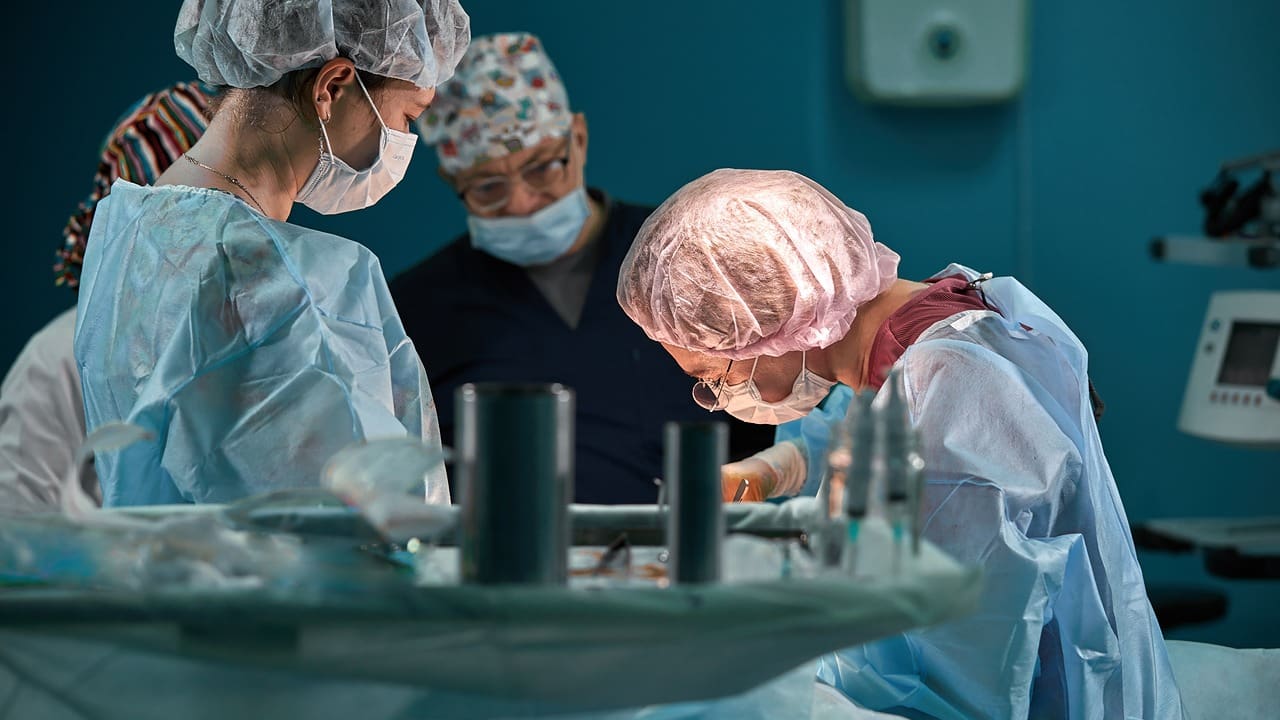
Types of Brain Tumors Requiring Surgical Intervention
There are many types of brain tumors that may need surgery. Some of the most common are gliomas, meningiomas, and acoustic neuromas. Doctors decide whether to operate based on the tumor’s type, size, location, and the patient’s overall health.
Surgical Approaches and Techniques
Neurosurgeons use several techniques to remove brain tumors. The method they choose depends on where the tumor is and the patient’s condition. One common approach is a craniotomy, where a section of the skull is taken out for the surgery and then replaced. New tools like intraoperative MRI and neuronavigation help make these surgeries safer and more accurate.
Success Rates and Longterm Outcomes
How well brain tumor surgery works depends on things like the type of tumor, where it is, and how much can be removed. Surgery can often cure benign tumors. For malignant tumors, patients may also need treatments such as radiation or chemotherapy. We work with patients and their families to explain the outlook and develop a treatment plan that meets their needs.
Spine Surgery: High-Volume Neurosurgical Procedures
Spine surgery has grown a lot, giving new ways to treat spinal problems. It’s a key part of neurosurgery, helping with many spine issues. These issues can really affect how well someone lives.
Common Spinal Conditions Requiring Surgery
Many spinal problems need surgery. For example, herniated discs can press on nerves. Spinal stenosis narrows the spinal canal, causing pain and numbness. Spondylolisthesis is when a vertebra slips out of place.
Spinal deformities like scoliosis and kyphosis also need surgery. This helps fix the spine and improve symptoms.
Types of Spine Surgeries Performed
Neurosurgeons do many types of spine surgeries. They might remove a herniated disc in a discectomy. Or, they might take out part of a vertebra in a laminectomy to ease pressure on the spinal cord.
They also perform spinal fusion to join vertebrae. This makes the spine more stable. Other surgeries fix spinal deformities or add support with special tools.
Minimally Invasive vs. Traditional Approaches
Spine surgery is moving towards minimally invasive techniques. These are better because they use smaller cuts, cause less damage, and lead to faster healing. But sometimes open surgery is needed for more serious cases.
Choosing between these methods depends on the problem and the patient’s health. Our team has been very helpful with this big decision. We care for patients from the start through recovery, aiming for the best results.
Vascular Neurosurgery: Treating Blood Vessel Disorders
Dealing with blood vessel disorders requires a deep understanding of vascular neurosurgery. This field focuses on the brain and spine. It treats complex conditions like aneurysms, AVMs, and carotid artery disease.
Aneurysm Clipping and Endovascular Coiling
Aneurysms are bulges in blood vessels that can burst and cause serious bleeding. Aneurysm clipping involves a neurosurgeon placing a clip to stop bleeding. Endovascular coiling uses tiny coils to fill the aneurysm, promoting clotting and preventing rupture. A study in the Journal of Neurosurgery found that both methods have benefits. Clipping is more definitive, while coiling is less invasive and leads to quicker recovery (1).
AVM (Arteriovenous Malformation) Treatment Options
AVMs are tangled blood vessels in the brain that can cause headaches and seizures. Treatments include microsurgery, endovascular embolization, and stereotactic radiosurgery. The best treatment depends on the AVM’s size, location, and complexity.
Carotid Endarterectomy and Stenting
Carotid artery disease happens when plaque builds up, raising stroke risk. Carotid endarterectomy removes plaque, while carotid stenting keeps the artery open with a stent. Both lower stroke risk; the choice is based on the patient’s needs.
Functional Neurosurgery for Neurological Disorders
Functional neurosurgery has changed how we treat neurological disorders. It brings hope to people all over the world. This field helps improve life for those with movement disorders, epilepsy, and chronic pain.
Deep Brain Stimulation for Movement Disorders
Deep Brain Stimulation (DBS) is a top treatment for movement disorders. This includes Parkinson’s disease, dystonia, and essential tremor. DBS uses a neurostimulator to send electrical impulses to the brain.
Benefits of DBS include improved motor symptoms and reduced medication use. It also improves life quality. The surgery is performed under local anesthesia, with the patient’s feedback used to place the electrodes correctly.
Epilepsy Surgery Techniques
Epilepsy surgery is an option for those with drug-resistant epilepsy. The goal is to remove or disable the area causing seizures.
Types of epilepsy surgery include:
Resective surgery: Removing the seizure focus
Palliative surgery: Reducing seizure frequency and severity
Corpus callosotomy: Disrupting the connection between brain hemispheres
Tests like EEG, MRI, and others are key to finding the right surgery for each patient.
Emergency Neurosurgical Interventions
Emergency neurosurgery is a critical field that requires quick, precise action. Neurosurgeons are key in handling life-threatening conditions that need immediate surgery.
Traumatic Brain Injury Management
Traumatic brain injuries (TBIs) are a major cause of illness and death globally. Managing TBI well requires a team effort, with neurosurgeons leading the way.
Initial Assessment: Quick check of the patient’s brain health.
Surgical Intervention: Quick surgery to ease pressure, fix blood vessel damage, or remove foreign objects.
Monitoring and Rehabilitation: Keeping a close eye and providing support to improve recovery outcomes.
Advanced Technologies in Modern Neurosurgery
Neurosurgery has entered a new era with the integration of innovative technologies. These advancements are transforming the field. They enable neurosurgeons to perform complex procedures with greater precision and accuracy.
Robotic-Assisted Surgical Systems
Robotic-assisted surgical systems are revolutionizing neurosurgery. They enhance dexterity, improve visualization, and reduce tremors. These systems enable surgeons to perform complex procedures with minimal invasion.
Key Benefits of Robotic-Assisted Surgery:
- Enhanced precision and accuracy
- Minimally invasive procedures
- Reduced risk of complications
- Faster recovery times
Your Appointment
During a consultation, the doctor reviews your medical history, examines your symptoms, and may order imaging tests.
Patients are encouraged to ask questions about treatment options and recovery. Open communication builds trust and confidence before surgery.
For more information about our academic and training initiatives, visit Liv Hospital Academy.
Frequently Asked Questions for Neurosurgery
Is neurosurgery dangerous?
Like any surgical procedure, neurosurgery carries risks, including infection, bleeding, and complications related to anesthesia. However, advancements in surgical techniques and technology have improved safety and outcomes. Patients should discuss potential risks with their neurosurgeon prior to surgery.
What is the difference between neurology and neurosurgery?
Neurology is a medical specialty focused on diagnosing and treating neurological disorders through non-surgical methods, while neurosurgery involves surgical interventions to treat these conditions. Neurologists and neurosurgeons often work together to provide comprehensive care for patients.
How much does neurosurgery cost?
The cost of neurosurgery can vary significantly based on factors such as the type of procedure, the facility where the surgery is performed, and the patient’s insurance coverage. It is important for patients to discuss financial aspects with their healthcare provider and insurance company to understand potential out-of-pocket expenses.
What is recovery like after neurosurgery?
Recovery after neurosurgery varies depending on the type of procedure and individual health. Patients can expect to stay in the hospital for monitoring, manage post-operative pain, and possibly engage in rehabilitation. Follow-up appointments with the neurosurgeon are important to ensure proper recovery.
What should I expect during a neurosurgery appointment?
During a neurosurgery appointment, the neurosurgeon will review your medical history, perform a physical examination, and may order diagnostic tests like MRI or CT scans. This appointment is an opportunity for patients to ask questions about their condition, treatment options, and what to expect from surgery.
Is neurosurgery hard?
Neurosurgery is considered one of the most challenging medical specialties due to the complexity of the nervous system and the intricacies involved in surgical procedures. Neurosurgeons require extensive training, skill, and experience to perform these delicate operations successfully.
How long does a neurosurgery procedure take?
The duration of a neurosurgery procedure can vary widely based on its complexity. Some minimally invasive surgeries may take a couple of hours, while more extensive surgeries, such as brain tumor resections, can last several hours or more. Patients should consult their neurosurgeon for specific time estimates.
Your Comparison List (you must select at least 2 packages)




